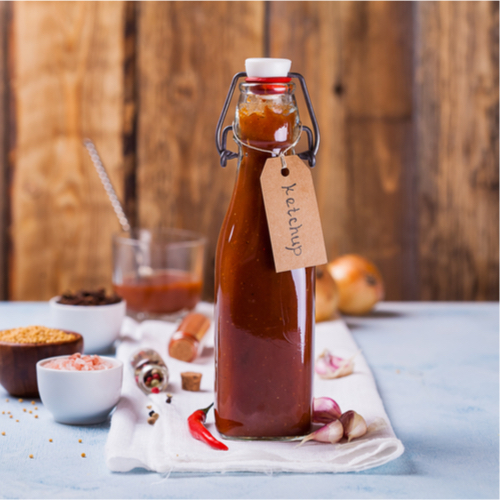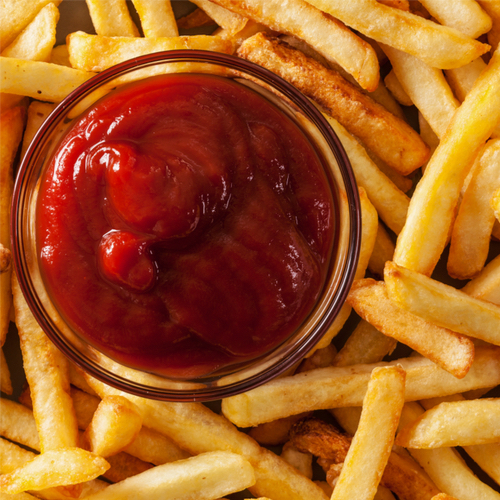This is an archived article and the information in the story may be outdated. Please check the time stamp on the story to see when it was updated last.
they’re delicious doesn’t necessarily mean they’re healthy. While you can really eat anything in moderation on a healthy and balanced diet, sauces can often be difficult to gauge what moderation truly means, and you may find yourself overloading your plate with certain condiments, exceeding the recommended serving size and consequently overdoing it on calories, sugar, or fat.
Sugar may not be the first ingredient that comes to mind when you think of your favorite condiments, but the reality is that many sauces are packed with added sweetener to boost their flavor. Seeing as sugar is one of the worst ingredients you could regularly include in your diet for a well-balanced eating plan, it stands to reason that you shouldn’t be doubling down on sugary condiments to dress up an otherwise healthy meal each day. While barbecue sauce is often regarded as the worst condiment you could be using, there’s another even more innocuous sauce that could be doing so much more damage to your overall health, according to doctors.


Ketchup is essentially America’s sweetheart of condiments, complimenting a wide range of snacks and dinner items. However, it’s very easy to go overboard with your ketchup serving size, and this may find you consuming more sugar than you bargained for. “When we think of ketchup we connect it with tomato. However, store-bought ketchup has more harmful ingredients that should be avoided at all cost. Ketchup is loaded in salt, but also in sugar - one tablespoon of ketchup has approximately one teaspoon of sugar which is a lot, considering that the daily recommended intake of sugar for grown people is around 21 grams,” warns Kristina Hendija, MD.

The basic ingredients of ketchup may not be all the bad for you, but when you factor in additives to give your favorite condiment its distinctive flavor, things take a turn. “While the ingredients are generally healthy (tomatoes, onions, vinegar), unfortunately they are loaded with HFCS = high fructose corn syrup. This is a processed sugar that has been linked to many cardiovascular problems,” explains registered dietitian Alexandra Soare. “Other ketchup companies use sugar cane instead of HFCS, however this is not quite solving the problem, since the amount of sugar is still quite high.”

If you trust that you can keep your ketchup intake to the serving size, then it can still make for a great compliment to some of your favorite foods. However, if you have a tendency of going overboard and are looking for a slightly less sugary alternative, you don’t have to live your life eating plain foods from this point forward to achieve a balanced diet. “What I recommend as a dietitian is to always use homemade condiments. This way you will always be in control and you will know what you are eating. Since ketchup is quite challenging to make at home, how about trying some homemade salsa,” suggests Soare.
Not into salsa? Try a different brand of ketchup with notably healthier ingredients. “True Made Foods ketchup has zero added sugars and is naturally sweetened with vegetables and tastes great. Watch out for ketchups that say “no sugar added” as they can have sweeteners like sucralose instead, which can be equally bad,” warns Dr. Michael Goran, PHD.

Ultimately a healthy diet will be one that you can maintain over a long period of time, and if you’re a ketchup lover, it may not be realistic to entirely cut this sugary, albeit delicious, condiment out of your life for good. In that case, it’s important to be cognizant of serving sizes so as not to exceed your sugar intake for the day, and it can be useful to take a look at the nutrition label before purchasing your next bottle to find an option which may be loaded with more natural ingredients and less sugar. There’s no harm in using condiments to dress up your favorite meals, but when it comes to cutting down on sugar and making tiny tweaks to your diet which can create a significant difference over time, evaluating your ketchup consumption can be a great place to start.


























